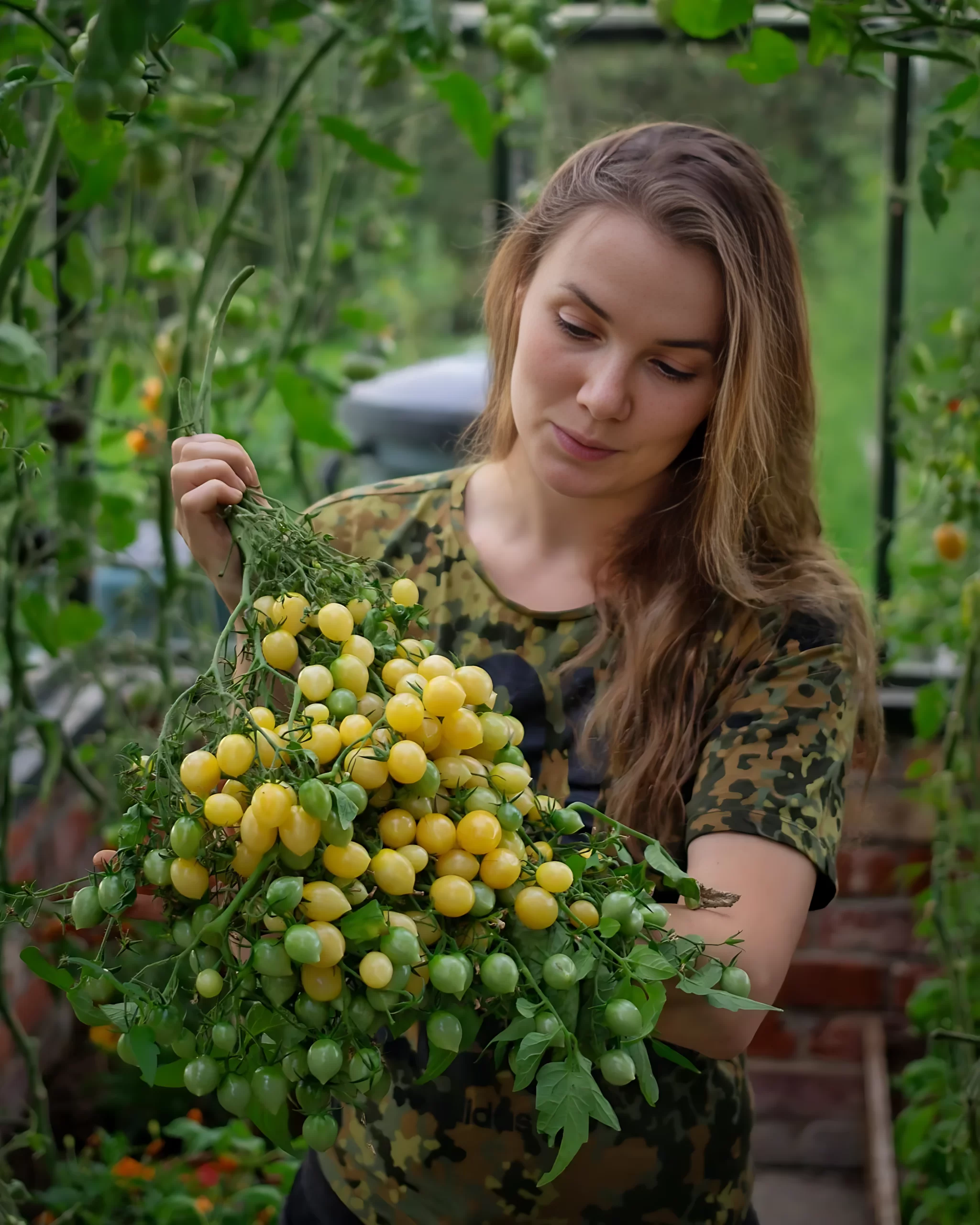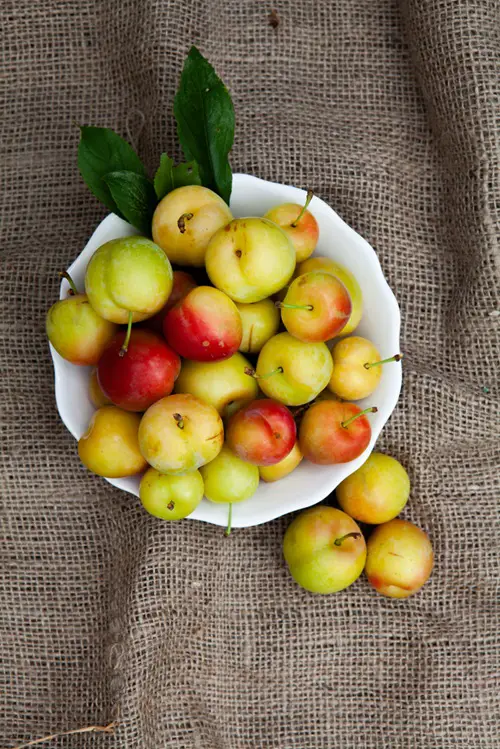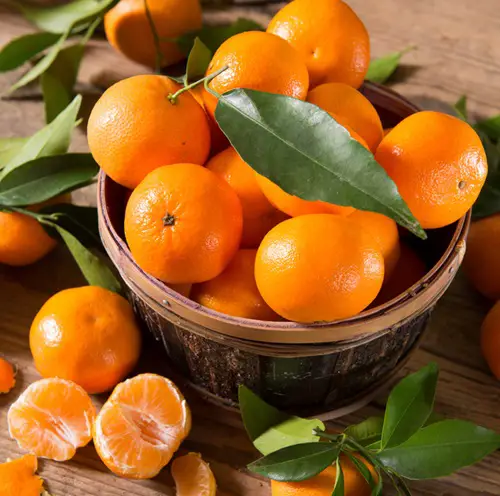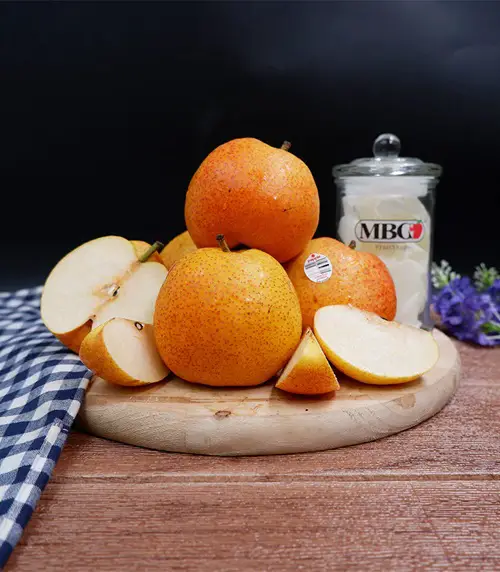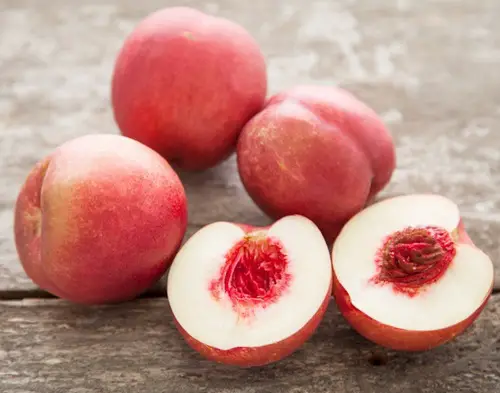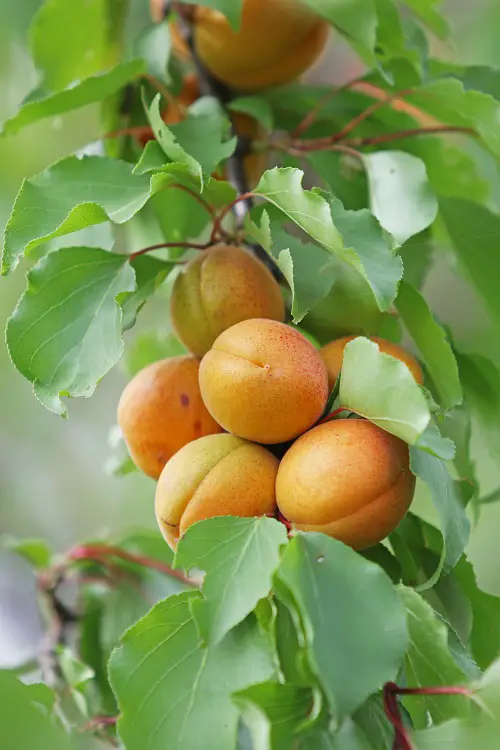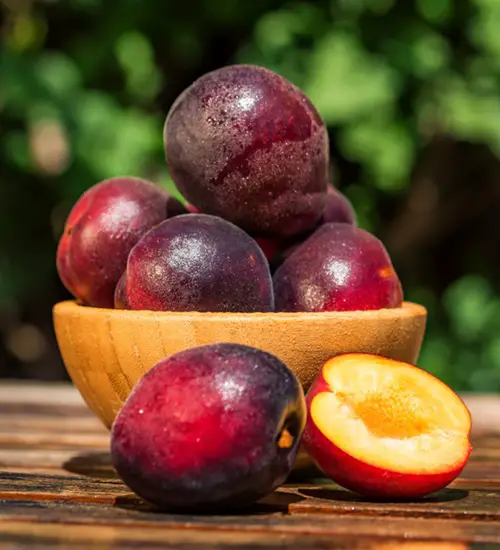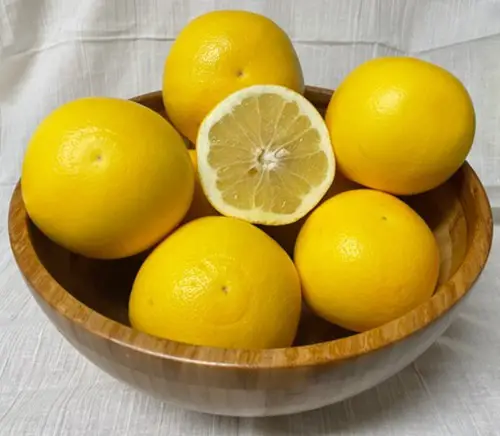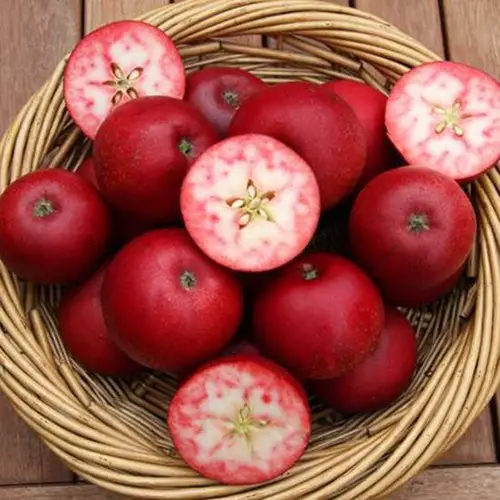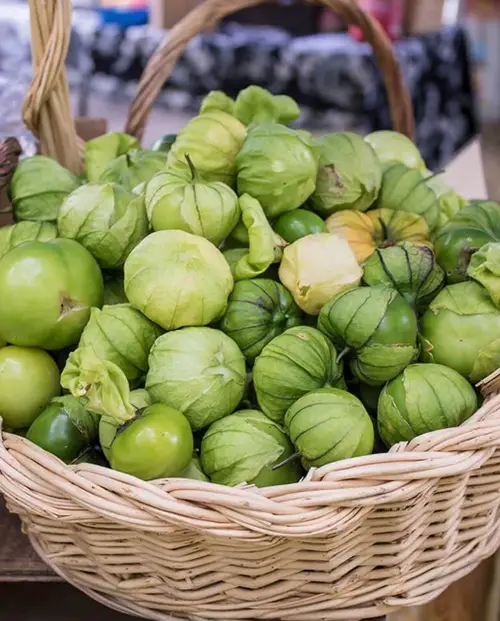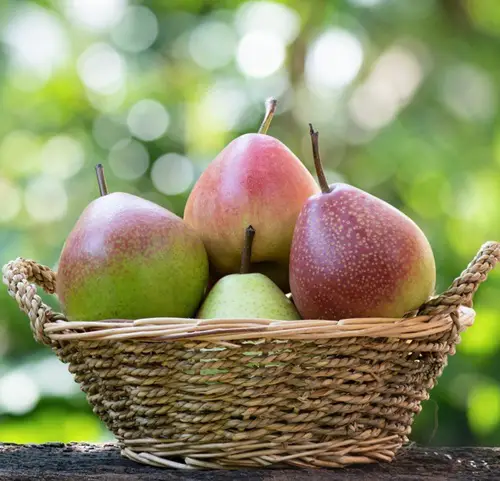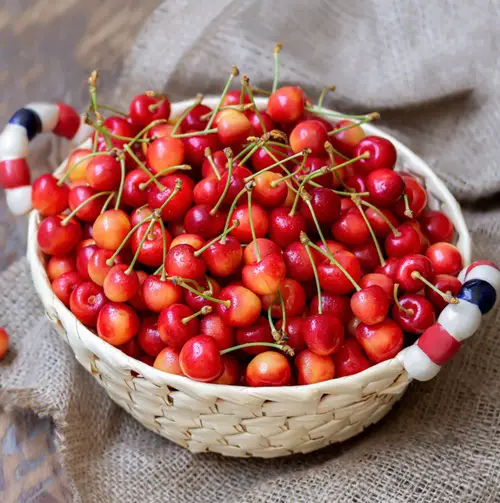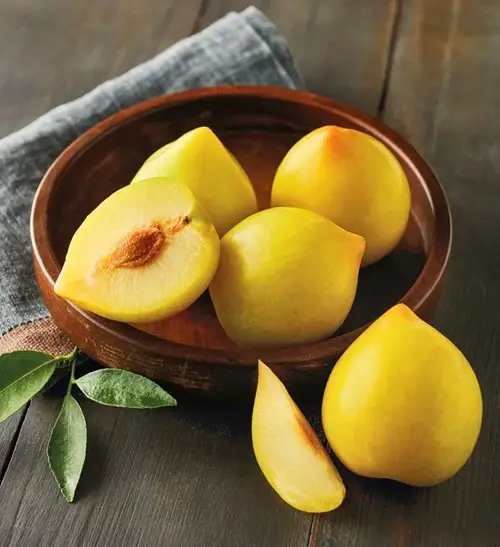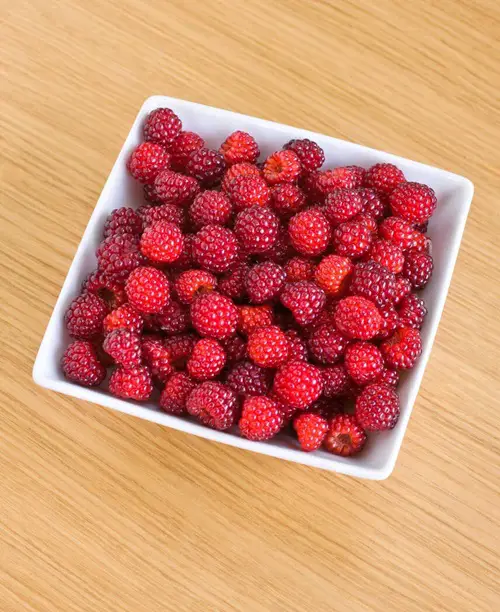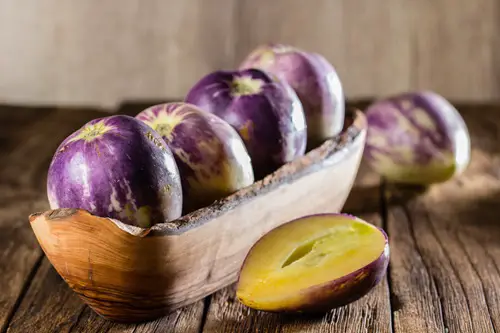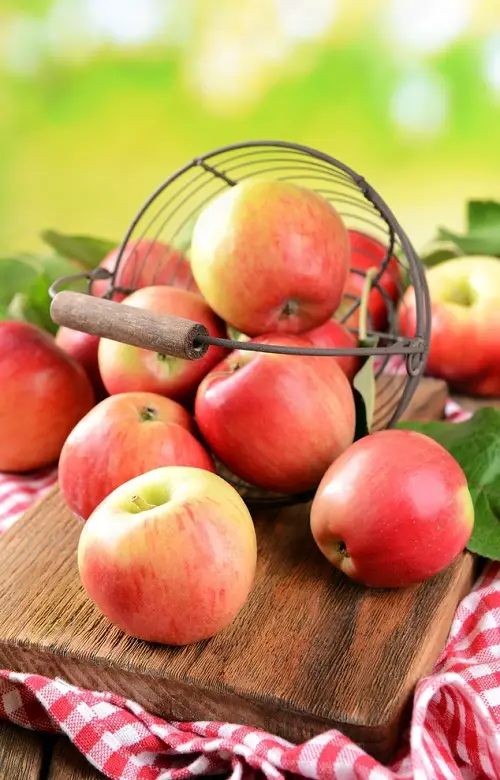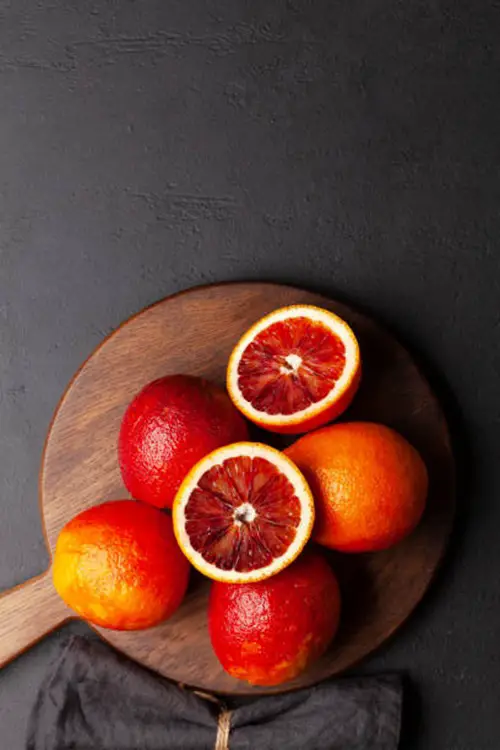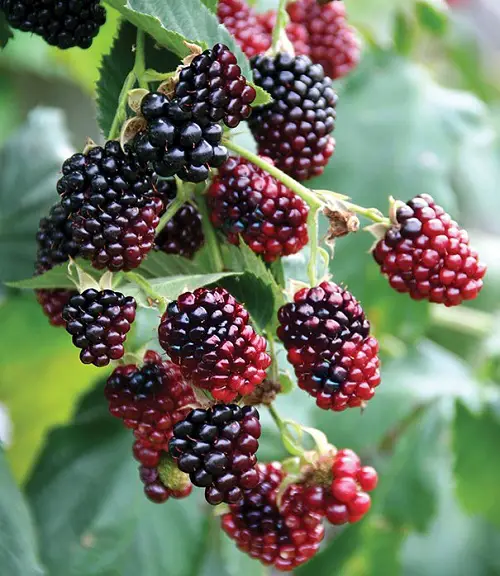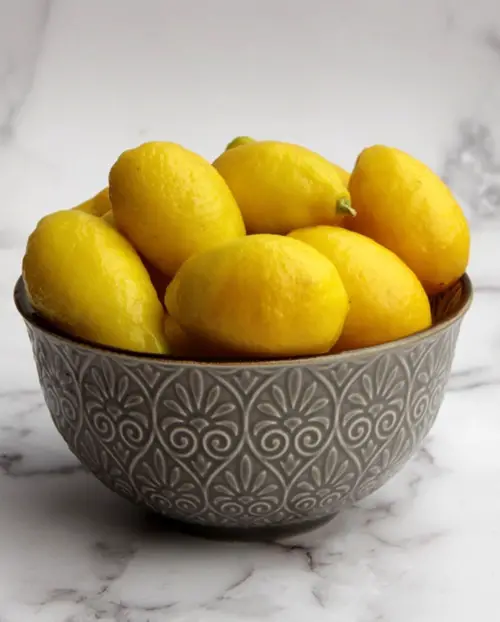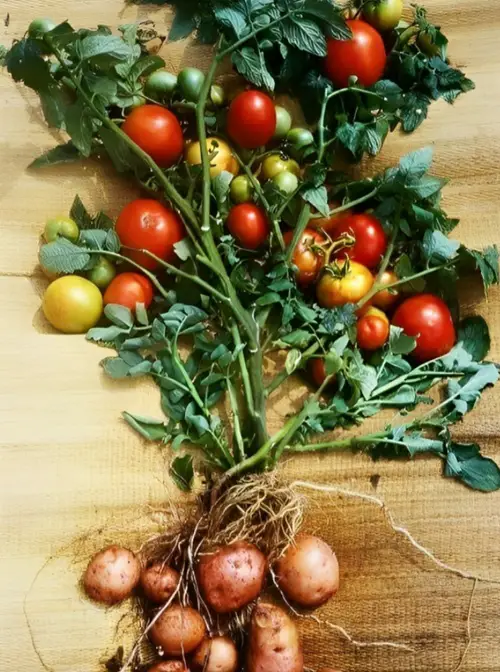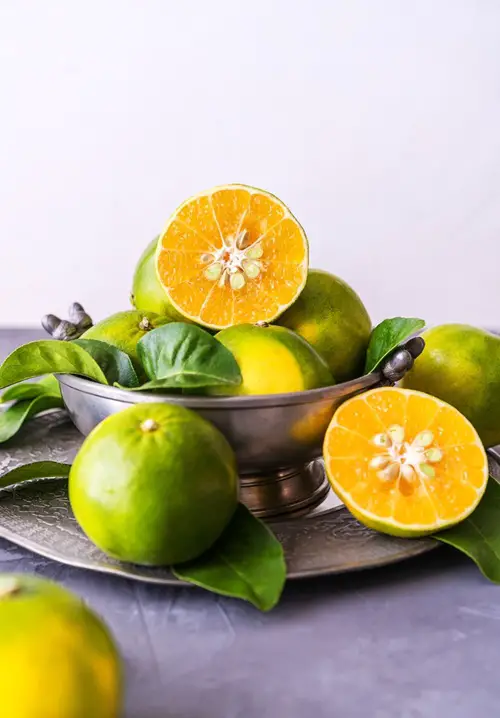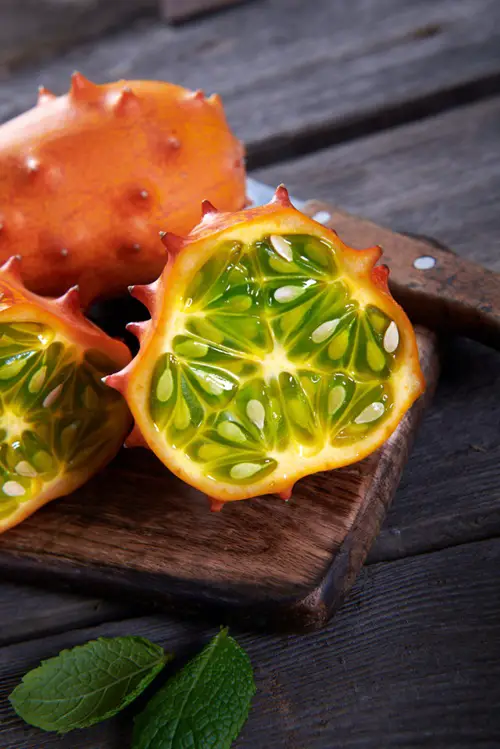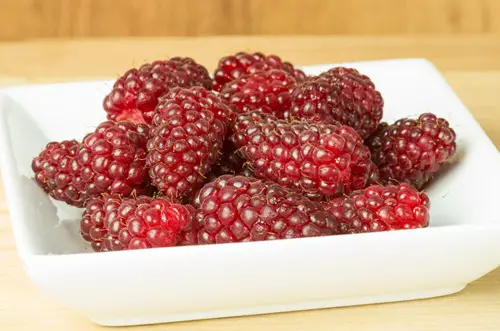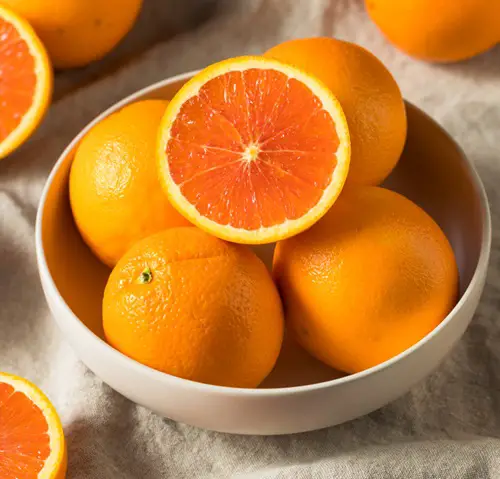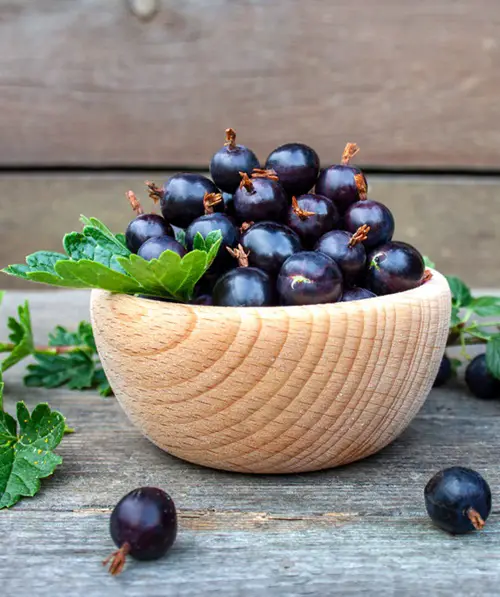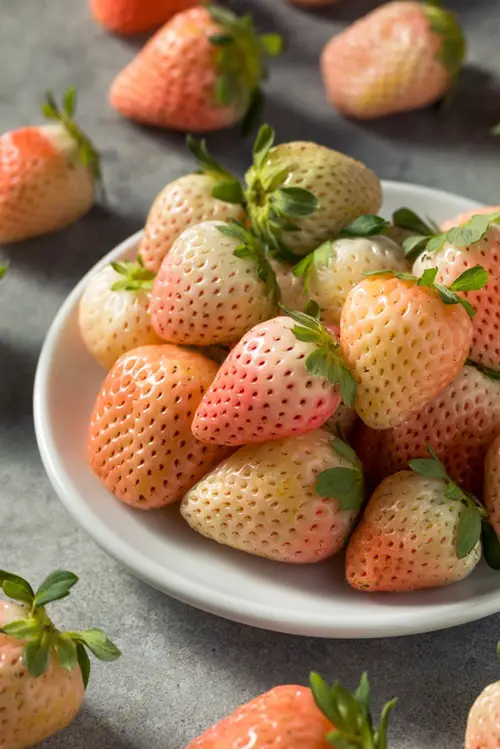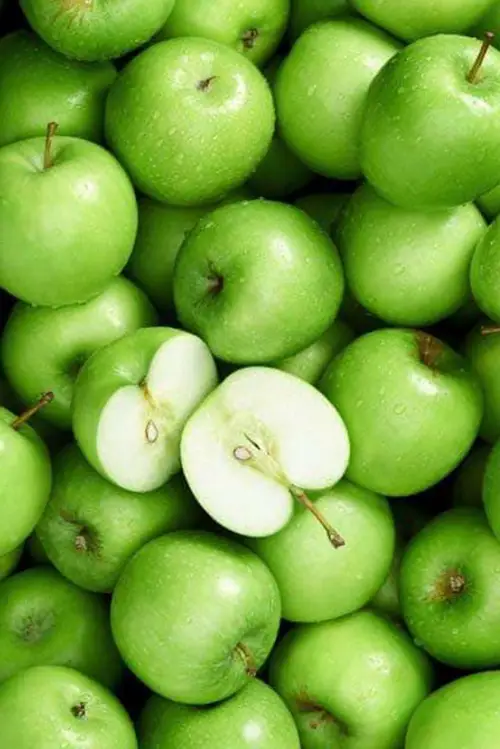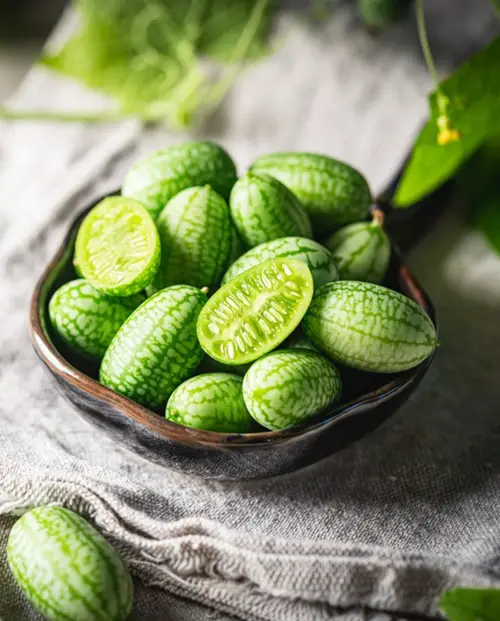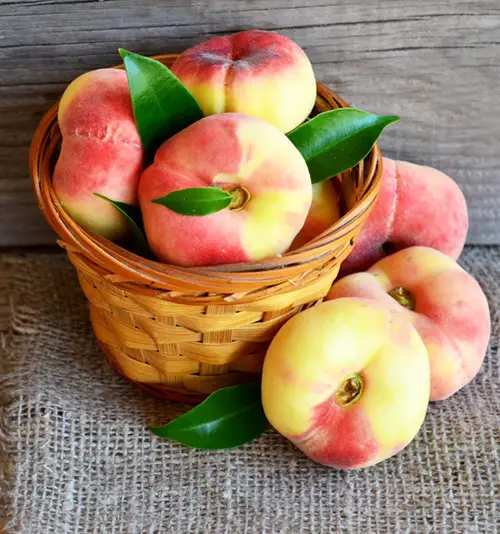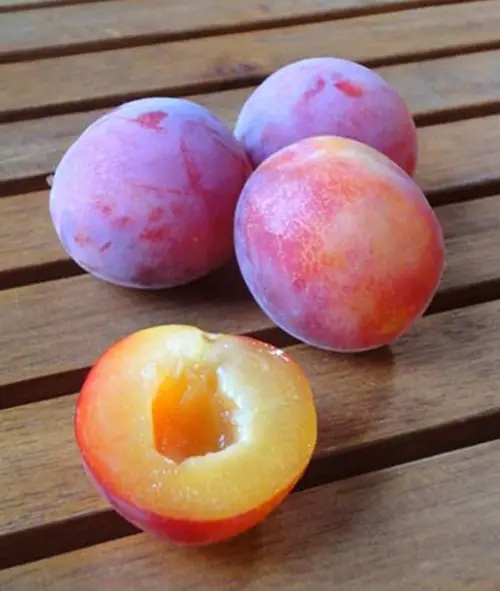List of Man Made Fruits – Have you heard about them? If not, then this list will surprise you for sure! Keep reading!
Man Made Fruits are the result of careful crossbreeding, genetic manipulation, and a dash of imagination! Scroll down to know about the varieties engineered by humans in a lab or a specialized orchard.
20 Sweetest Mango Varieties in the World
Man Made Fruits
1. Mango Nectarine
Botanical Name: Prunus persica nucipersica
Developed by Luther Burbank in the late 1800s, this man made fruit harmoniously combines the juiciness of a peach with the smooth, fuzz-free skin of a nectarine, offering a tropical twist to your fruit basket.
2. Grapefruit Pomelo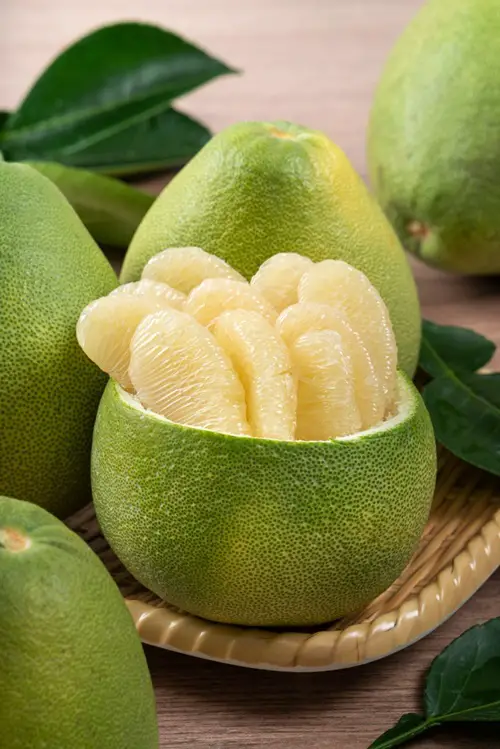
Botanical Name: Citrus × paradisi × Citrus maxima
The Grapefruit Pomelo is a harmonious hybrid of the tangy grapefruit and the milder pomelo, a creation that traces back to the 1950s when the University of California successfully blended these two citrus varieties.
3. Clementine
Botanical Name: Citrus × clementina
Clementines, a fusion of a mandarin orange and a sweet orange, are believed to have originated in Algeria in the early 1900s.
Is Coconut a Fruit Or Nut? Find Out!
4. Papple
Botanical Name: A marketing name for apple-flavored pears, no specific botanical name.
The intriguing Papple is a type of pear that has been carefully bred to tantalize taste buds with the crispness of an apple. While it lacks a specific botanical name, its creation embodies the innovative spirit of horticulturists seeking to expand fruit horizons.
5. Nectaplum
Botanical Name: A hybrid fruit, no specific botanical name.
The Nectaplum, a man made fruit, is a delightful cross between a nectarine and a plum, is the brainchild of Floyd Zaiger, developed in the 1960s.
6. Aprium
Botanical Name: Prunus armeniaca × Prunus domestica
Apriums, born from the union of an apricot and a plum, are the result of Floyd Zaiger’s expertise in fruit breeding, dating back to the 1980s. Their vibrant orange hue and sweet-tart flavor make them a cherished choice for snacking and culinary creations.
7. Plumcot
Botanical Name: Prunus domestica × Prunus armeniaca
Plumcots, created by Luther Burbank in the late 1800s, artfully blend the qualities of a plum and an apricot. This harmonious hybrid offers the juicy succulence of a plum encased in the smooth, apricot-like skin.
40 Best Green Fruits with Pictures
8. Melogold
Botanical Name: Citrus maxima × Citrus paradisi
Melogolds, a hybrid of pomelo and grapefruit, were created by the University of California. Their large, sweet-tasting citrus fruits offer a delightful alternative to traditional grapefruit.
9. Pluerries
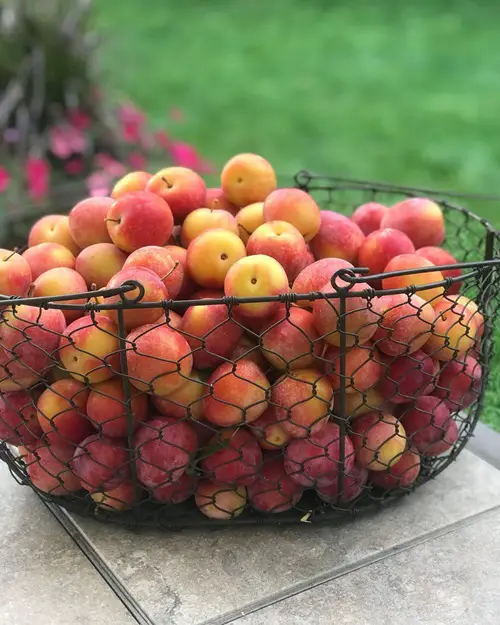
Botanical Name: A hybrid fruit, no specific botanical name.
The enchanting Pluerries, the creation of Floyd Zaiger in the 2000s, emerge from the cross-pollination of plums and cherries. These delightful, sweet-tart man made fruits embody the artistry of modern fruit breeding.
10. Peachcot
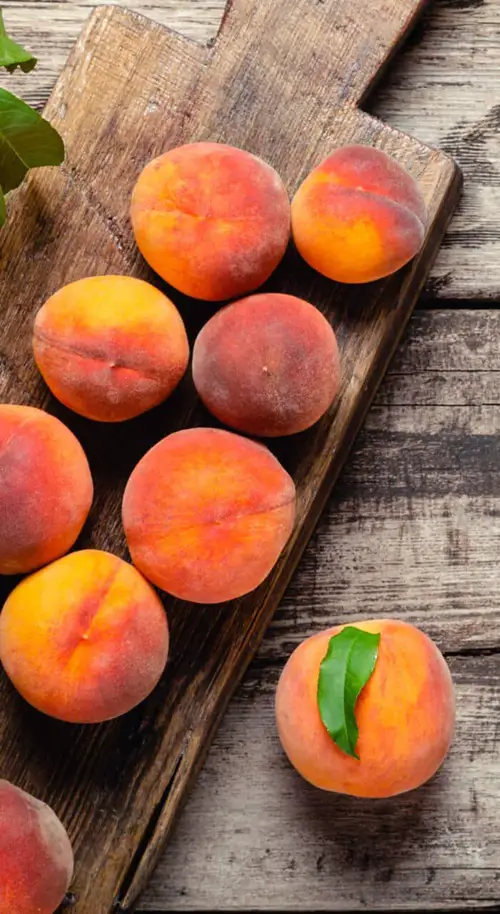
Botanical Name: A hybrid fruit, no specific botanical name.
The Peachcot, another of Floyd Zaiger’s innovations from the 1980s, combines the lusciousness of a peach with the delicate apricot, showcasing the endless possibilities of fruit hybridization.
11. Redlove Apple
Botanical Name: Malus domestica ‘Redlove’
The Redlove Apple, a captivating variety with red flesh and skin, is the result of Markus Kobert’s dedication in Switzerland in the 1970s.
Here is a List of the Best Palm Fruits
12. Toma Verde
Botanical Name: Solanum lycopersicum ‘Toma Verde’
Toma Verde tomatoes, used extensively in Mexican cuisine, have found their place in salsas and dishes worldwide. They add a tangy dimension to various dishes.
13. Starkrimson Pear
Botanical Name: Pyrus communis ‘Starkrimson’
The Starkrimson Pear, originating from Stark Brothers Nursery in the 1940s, brings vibrant red skin and a sweet, juicy taste to the world of pears, showcasing the art of pear cultivation.
14. Sunburst Cherry
Botanical Name: Prunus avium ‘Sunburst’
Sunburst Cherries, born from the ingenuity of Floyd Zaiger in the 1970s, are a testament to modern fruit breeding. These cherries burst with sweetness, offering a delectable twist to the classic cherry.
Blue Dragon Fruit – Is It Real or a Myth?
15. Lemon Plum
Botanical Name: Prunus salicina ‘Lemon Plum’
Lemon Plums, created by Floyd Zaiger in the 1990s, seamlessly combines the zesty essence of a lemon with the lushness of a plum. This unique man made fruit adds a refreshing tang to your taste buds.
16. Wineberry
Botanical Name: Rubus phoenicolasius
Wineberries, another of the man made fruits, are native to Asia but introduced to North America, have found their place among berry enthusiasts. They offer a distinctive raspberry-like flavor.
17. Pepino
Botanical Name: Solanum muricatum
The Pepino, originally from South America but now grown worldwide, is another man made fruit wonder. Its sweet, aromatic flesh is a testament to the diversity of tropical delights.
18. Honeycrisp Apple
Botanical Name: Malus domestica ‘Honeycrisp’
The Honeycrisp Apple, a triumph of the University of Minnesota in the 1960s, captures the essence of crispness and sweetness in every bite. Its creation reflects the pursuit of perfection in apple breeding.
36 Different Types of Pink Fruits to Grow in Garden
19. Blood Lime
Botanical Name: Citrus × ‘Australian Blood Lime’
The Blood Lime, a captivating hybrid of a red finger lime and a sweet lime, was born in Australia in the 1990s. Its crimson hue and tangy taste showcase the innovation of citrus growers down under.
20. Boysenberry
Botanical Name: Rubus × loganobaccus
Boysenberries, created by Rudolph Boysen in the 1920s, offer a complex blend of raspberry, blackberry, and loganberry flavors. This berry blend is a result of fruit breeding.
21. Limequat
Botanical Name: Citrus × floridana
Limequats, a hybrid of lime and kumquat, trace their roots to Walter Swingle’s work in the early 1900s. They bring a unique zest to citrus enthusiasts, embodying the spirit of experimentation.
Check out Fruits that can be Grown in Shade Here
22. Pomato
Botanical Name: A hybrid fruit, no specific botanical name.
The Pomato, a fusion of potato and tomato, emerged from the innovative minds at Thompson and Morgan in the UK during the 1970s. Although it lacks a specific botanical name, it serves as a testament to the curiosity of horticulturalists.
23. Pluot
Botanical Name: Prunus domestica x Prunus armeniaca
Pluots, another of Floyd Zaiger’s creations from the 1980s, represent the perfect fusion of plum and apricot characteristics.
24. Tangelo
Botanical Name: Citrus × tangelo
Tangelos, a blend of tangerine and grapefruit, have been tantalizing taste buds since the early 1900s. Their sweet-tart profile demonstrates the endless possibilities of citrus hybridization.
25. Kiwano
Botanical Name: Cucumis metuliferus
Kiwanos, originally native to Africa but now cultivated worldwide, introduce an exotic touch to fruit bowls. Their spiky exterior and jelly-like green flesh are a testament to the global exchange of unique fruit produce.
12 Fruits that Stink and Smell
26. Tayberry
Botanical Name: Rubus fruticosus × Rubus idaeus
Tayberries, another of the man made fruits from the 1970s, artfully blend blackberry and raspberry flavors. These are quite common in jams and desserts, embodying the heritage of berry cultivation.
27. Cara Cara Orange
Botanical Name: Citrus × sinensis ‘Cara Cara’
The Cara Cara Orange, known for its pink flesh, was discovered in Venezuela in the 1970s. Its vibrant appearance and sweet, citrusy taste make it a tropical treasure.
28. Peacharine
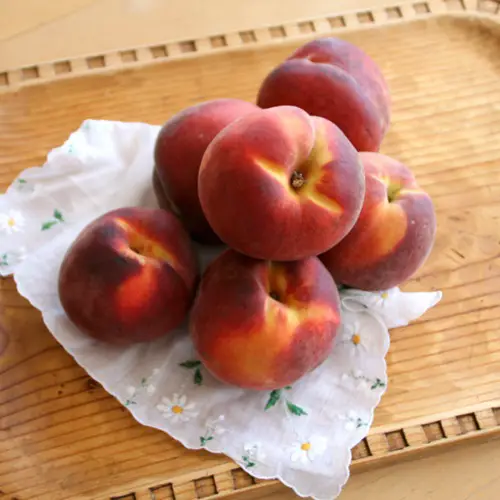
Botanical Name: Prunus persica ‘Peacherine’
Peacharines, born from Floyd Zaiger’s work in the 1980s, offers the best of both peaches and nectarines. Their sweet, fuzzy skin and juicy, smooth flesh are a tribute to fruit hybridization.
Check out 19 Most Strangest Fruits in the World
29. Jostaberry
Botanical Name: Ribes × nidigrolaria
Jostaberries, originating in Germany in the 1970s, blend the tartness of black currants with the sweetness of gooseberries. These unique berries exemplify the intersection of fruit flavors.
30. Pineberry
Botanical Name: Fragaria × ananassa ‘Pineberry’
Pineberries, cultivated in the Netherlands in the 2000s, bring a twist to strawberries with their white flesh and red seeds. These modern man made fruit exemplify the potential for exciting new varieties.
31. Grapple
Botanical Name: A marketing name for apple-flavored grapes, no specific botanical name.
The Grapple, infused with artificial apple flavoring, offers a creative take on grapes. Its inception reflects the whimsical side of fruit innovation.
32. Cucamelon
Botanical Name: Melothria scabra
Cucamelons, native to Mexico and Central America but now grown globally, introduce the world to tiny cucumber relatives. Their refreshing, tangy flavor adds a unique dimension to the cucumber family.
33. Saturn Peach
Botanical Name: Prunus persica ‘Saturn’
Saturn Peaches, created by Floyd Zaiger in the 1980s, bring a flattened shape and exceptional sweetness to the peach world. They showcase the capacity for reshaping traditional fruit forms.
34. Peacotum
Botanical Name: A hybrid fruit, no specific botanical name.
Peacotums, another of Floyd Zaiger’s man-made fruits from the 1980s, merge the flavors of peaches, apricots, and plums. These man-made fruits invite fruit enthusiasts to savor the best of all worlds.
Note: You should understand that some of the fruits listed are hybrid varieties, and as such, they may not have a specific botanical name but are often labeled with their parent species.

